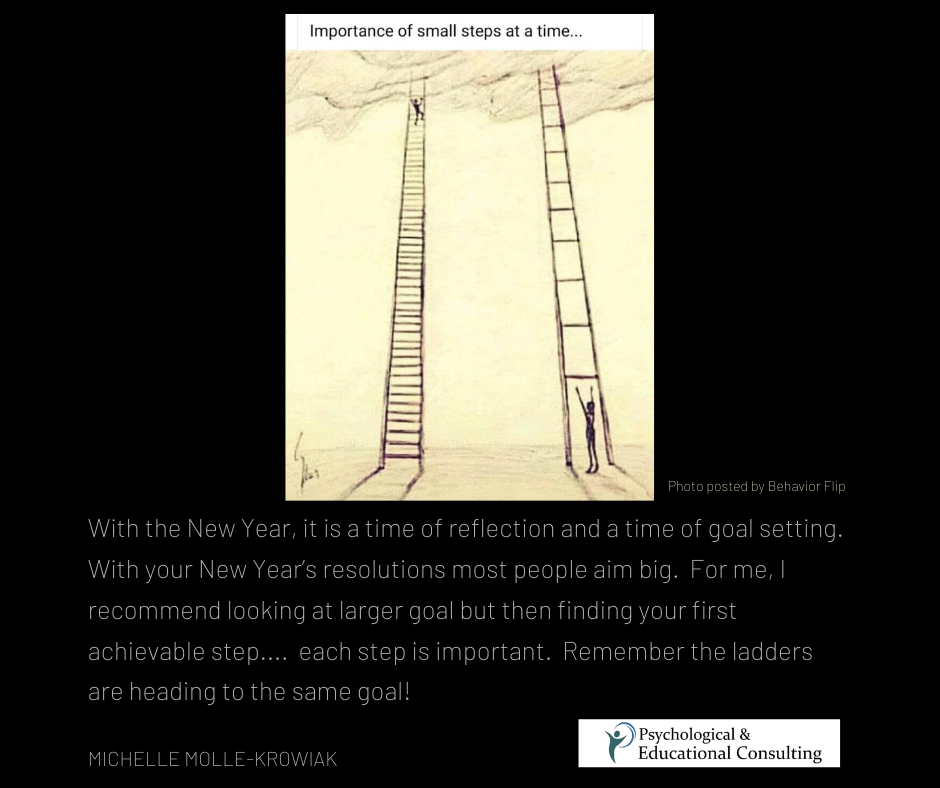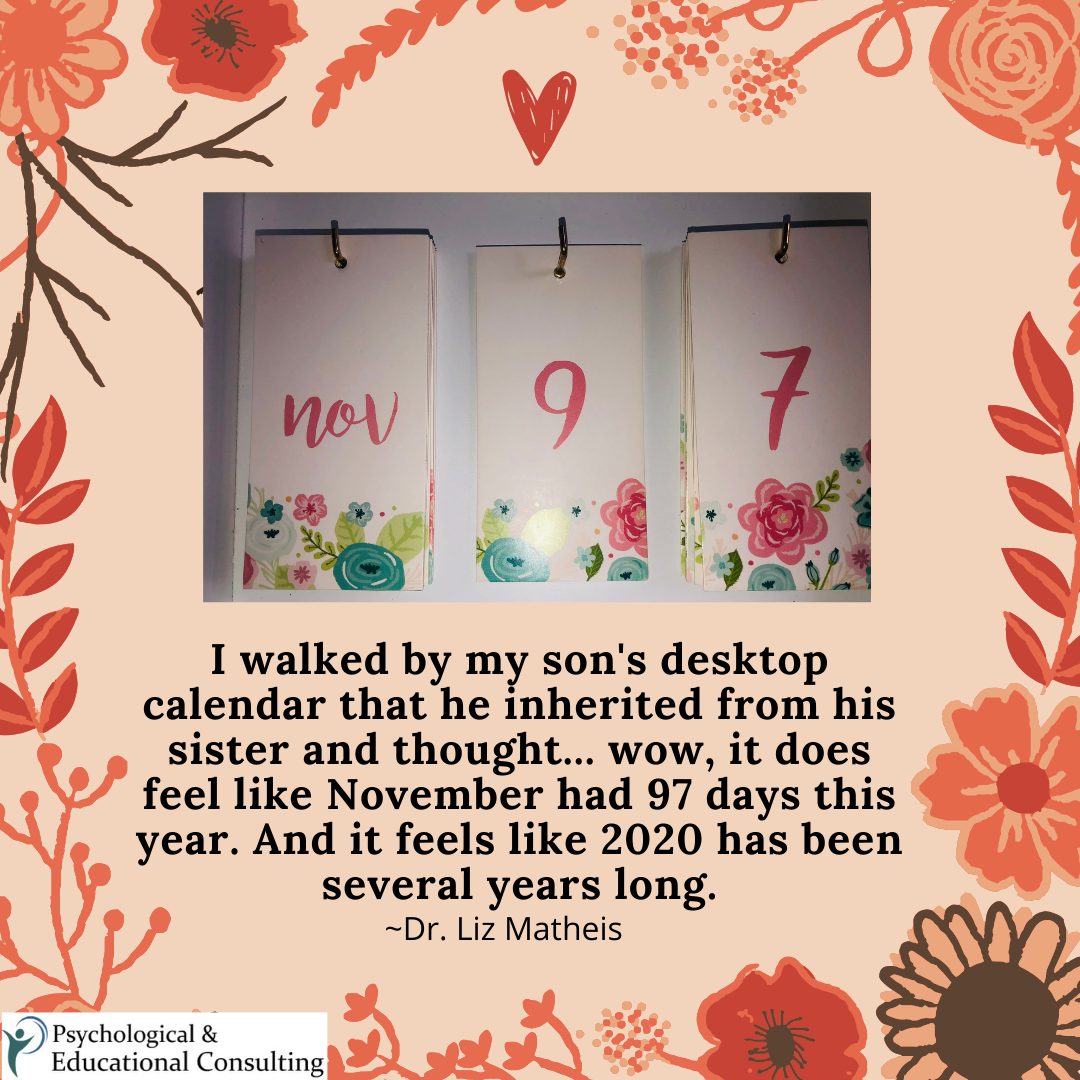Parenting Teens
Teen Drug Use: Commonly Abused Drugs
Teen Drug Use: Commonly Abused Drugs
Published by Southern California Sunrise Recovery Center
image by sasin tipchai from pixabay
Why is My Child Having Meltdowns During the Pandemic?
Why is My Child Having Meltdowns During the Pandemic?
Written by Dr. Liz
Featured in The Mighty, 1/3/21
Our children are feeling as overwhelmed as we are during the COVID-19 pandemic. This pandemic has created a sedentary lifestyle with little downtime, time outside of our homes, and little social interaction. Our usual routines of spontaneous social interactions, spur of the moment runs to the store, or last-minute planning of where to have dinner tonight all now require a ton of thought and planning about how we can stay safe and keep others safe from the COVID-19 virus. As parents, our tempers are shorter, we are overstimulated and overwhelmed. Home is now our office, our school building, our restaurant, and our place for rest and relaxation. We are spending a great number of hours together each day with little interaction with others. Our children are frustrated and so are we.
image posted by The Mighty
2020 felt like forever!
Provider Spotlight: Lauren Palianto
Provider Spotlight: Lauren Palianto
Our provider spotlight today focuses on the amazing work of our friend and colleague, Lauren Palianto of Decoded Learning Center in East Hanover, NJ. Lauren is a certified Orton-Gillingham Dyslexia Therapist with an M.A. in Reading Instruction & Assessment and extensive experience working as a Special Education Teacher. Decoded provides individualized instruction focusing on students of all ages and abilities with learning differences such as: Dyslexia, ADHD/ADD, language processing disorders, working memory deficits and executive functioning challenges. Be sure to check out her website below for more information.
Realistic New Year’s Resolutions for 2021
NJ moms and mamas-to-be share their hopes for the new year.
Published:
‘Tis the season for resolutions and whether you believe in them or not, we can all agree we’re ready to have a much happier new year. We asked NJ moms and moms-to-be to share their resolutions for 2021. Read on and tell us what you hope to focus on in the new year in the comments below. Happy 2021!
Building Your Child’s Social Skills Even During COVID-19
Family time can become an opportunity for social growth.
Written by Dr. Liz Matheis
Featured on Psychology Today
For nearly seven months now, we have been managing a pandemic and trying to stay healthy, physically. However, in the meantime, we have been isolated, our children have been isolated. For many, this was a needed reset. For many, it has been difficult to stay away from friends and family.
For our younger kids, this has been a confusing time. You may have or are actively seeing a regression in skills, increase in meltdowns, clinginess, and sadness because she is not able to reach for hugs from friends and family members, and the confusion as to why it is not okay. With fewer opportunities for social interaction, our children’s social skills may also be regressing.
How to Best Support Your Child with a Learning Disability
As a parent, we’re often troubleshooting challenges as they happen. So when you suspect your child may have a learning disability, it can be overwhelming to know where to start and how to obtain the resources to best support your child.
To help streamline your next steps, we spoke with Dr. Liz Matheis, a licensed Clinical Psychologist and certified School Psychologist who specializes in assisting children and their families with Autism, ADHD, Anxiety and learning/behavioral disorders.
The Do’s and Don’ts of Parenting an Anxious Teen
My mother and father maintained a circle of friends who were also immigrants to the United States. We attended an Egyptian church weekly, and this was a large part of our social life. Our friends were other Egyptian-American teens and each week, we gathered together and shared our stories about our parents’ “ridiculous” views while our parents shared their favorite meals and nostalgic stories of the motherland. I had no idea where I fit in and how to balance and manage the expectations of our culture, religion and our life in a non-Egyptian community. I wish I had someone to talk to. Someone to validate the angst I felt well into my late 20s.
Now, let’s blast forward to the present where I am waiting for my son while he gets his hair cut. He’s darting looks at me while sending a text, “Don’t come near me.” Just to make this visual complete, I am sitting about 10 feet away from him. But he waves me over and asks, “What do you think? Short enough?”
I’m so confused.
That’s my boy: He’s in the midst of a time of physical growth, emotional chaos, social changes (constantly), insecurity, and trying to figure out his identity. He’s not alone. Adolescent boys and girls everywhere struggle with anxiety, and so is my adolescent boy…
Photo from: Pexels
Cyber Bullying: What You Need to Know
What Is Cyber Bullying?
Bullying is a term that’s been around for a long time. Parents understand bullying to be physical harm caused by one child to another, for some or no reason at all. The intent is to cause harm, fear, or intimidation. Well, let’s fast forward to our present day with Snap Chat, Instagram, Facebook, and whatever else that’s here or about to be here. Cyber-bullying is here. What is that exactly? It’s when a child/adolescent is being targeted and harmed by interactions over social media/the internet. However, past this definition, it can make teens feel isolated, hopeless, and cause them to lose interest in things they normally love to do. With that said, if your child shares with you that she is the recipient of a rude or hurtful message on social media, you need to know how to mediate these situations.
In the past, before the internet and social media, when someone was bullied in school, when they went home, they were able to gain a break from the bullying. Presently, that barrier doesn’t exist anymore. The bullying persists because of one tap on their phone screen and it’s right there. There is no break of respite from this type of bullying, and it is vital for parents to step in.
What Should Your Child Do?
If your child comes to you with an instance of cyberbullying, whether it be a conflict they had with a friend through text messages, a post directed at him on Instagram, or someone posting pictures of him on Snapchat without permission, the very first thing to do is make sure your child takes a screenshot (picture) of the text, photo, and comments. If the other child chooses to delete her texts or conversations, you still have a copy of the content.
Even more importantly, make sure that your child does not reply to the messages in any way since this will just give the bully the reaction he or she would like. If your child has already replied, still screenshot the conversation, but your child will also then be partaking in cyberbullying, even if they did not act first.
Next, you’ll want to have your child block the person the cyberbullying is coming from, so this doesn’t continue to happen. Also, don’t just have your child block them on the site where the bullying is taking place, have your child block them on all social media platforms where they can possibly be contacted. This will truly ensure the bully won’t be able to contact your child any longer.
What Should I Do?
You should probably keep a close eye on your child’s phone and social media accounts, just in case the bully finds another way to contact your child. If you feel as though the situation is not handled, bring the screenshots/pictures of the cyberbullying to your child’s school principal, and they have to act on the messages they see. Finally, make sure to be comforting and uplifting to your child.
Being cyberbullied makes kids feel helpless, inferior, alone, dissatisfied with themselves, and many other awful feelings. Instead of making your child feel punished by taking her phone, just establish that if anything else happens, she needs to come to you first. Depending on the severity of the cyberbullying, your child may also need to be comforted as well. If your child is highly distressed, you may want to seek counseling.
Remind your child that people only bully others when they aren’t happy with themselves and that the bully’s messages are meant to create fear, panic, and hurt self-esteem. Additionally, try to spend more time with your child, or set limits on phone use. When teens are off their phones and having fun with their friends and family, problems over social media seem less impactful to them, which is what your goal to be as a parent in this situation; help your child realize that the bully is insignificant and shouldn’t be allowed to take over their mood and happiness.
Overall, teens who are being cyberbullied need guidance and support during this time. Bond with your child, listen, offer advice, and sympathize. Seek private counseling if the impact of the cyberbullying is pervasive and begins to negatively impact the ability to attend school, maintain friendships, engage with family members, complete homework, and study for tests. The ultimate goal is to not become punitive but rather to sympathize and problem solve together while maintaining general life activities and family time.
Photo from: Pexels










